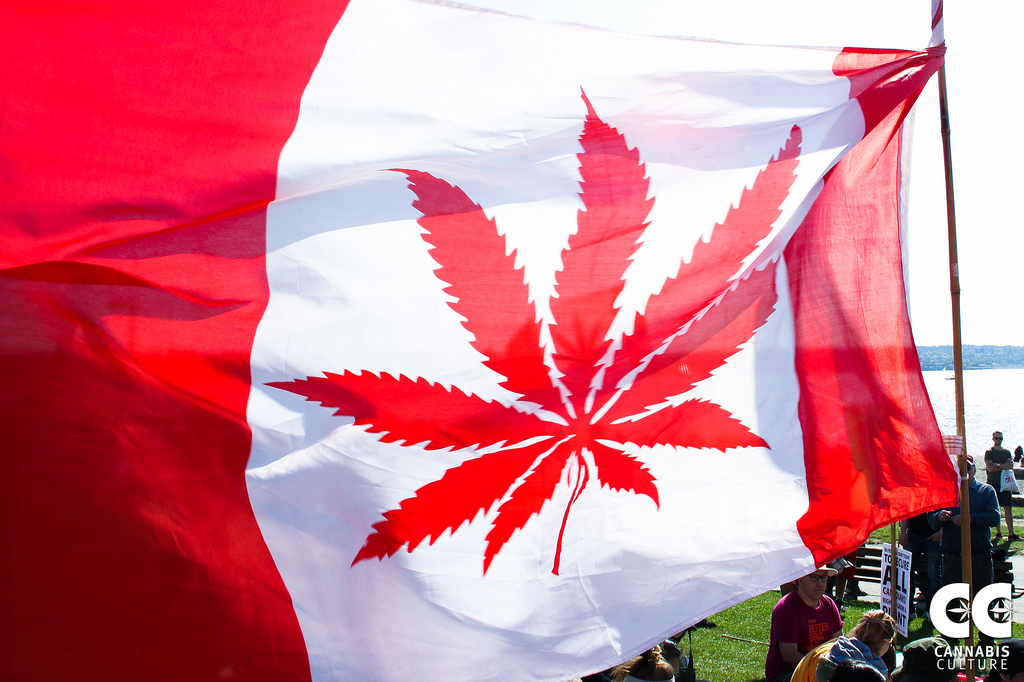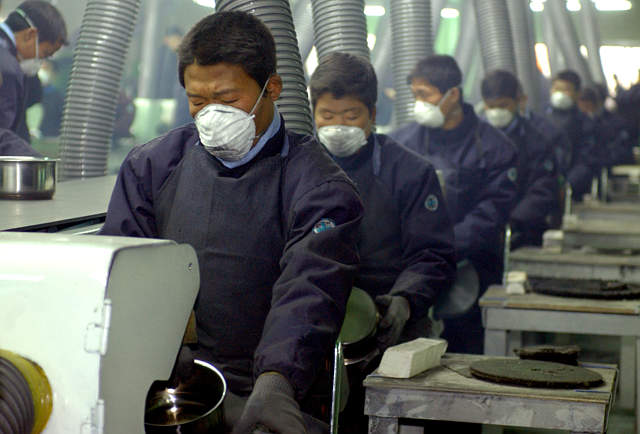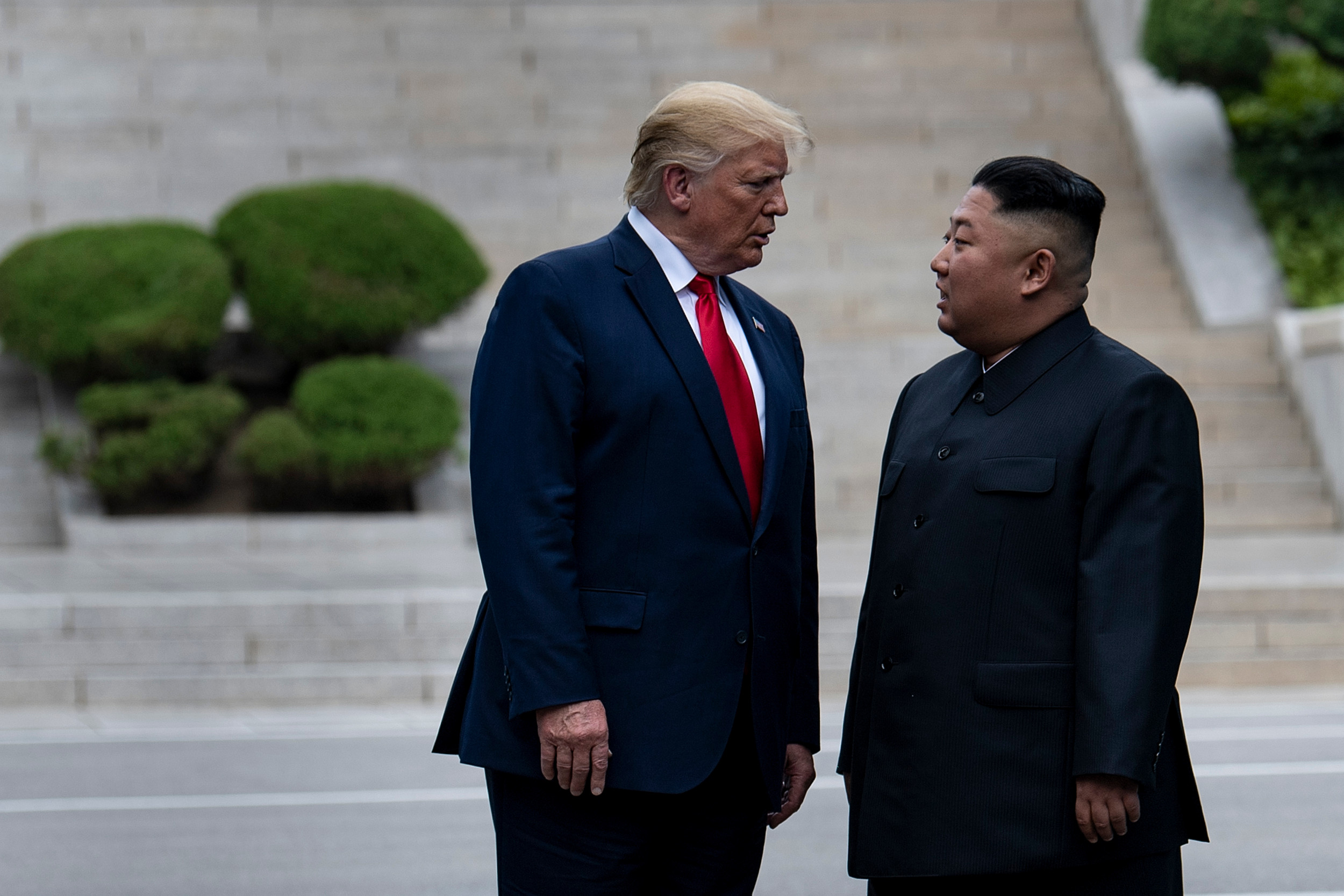On October 17, Canada became the second country after Uruguay to legalize the recreational use of marijuana. It does not give free rein for anyone to consume anytime or anywhere, but citizens now are able to consume in public and grow limited amounts of cannabis on their own.
While the legislation was met with open arms and burning buds at home (it has even begun to run low on its supply), not every country is keen to follow Canada’s lead in federal government-regulated marijuana use. For example, in East Asia, drug laws remain strict, and the stigma of marijuana is still very negative. In the days running up to legalization in Canada, the governments of South Korea and Japan reminded its citizens that drug consumption, even abroad, is a criminal act. The Chinese government warned its citizens to avoid it, citing the detriment it has on “physical and mental health.” This may pose a dilemma as Canada is a very popular destination for students, tourists, and investors from these countries.
Though laws vary by country, make no mistake, many parts of the world have their own traditional substances, some very similar to cannabis. Here at NOVAsia, our staff is comprised of eight members from eight different countries. We asked our writers to give a quick take on drug culture and laws in their respective homelands.
Nate Kerkhoff, Editor-in-Chief, USA
There is no question views on marijuana have been liberalizing fast in the United States. Recreational use is legal in ten states and it is broadly legalized for medical use in thirty two states total. It is not only liberal states on the coasts, either. Louisiana, Arkansas, and Oklahoma, all politically conservative, have legalized medicinal marijuana. This is likely due to a confluence of factors. The image of marijuana as a dangerous and evil drug has mostly been shed, and many have grasped the fact that it is much less harmful than other legal substances. Also, as is the case in almost every issue, money plays a large role. Cannabis is big business, and the government finally wised up. Legalized marijuana comes with high taxes, and the states that have medicinal and recreational marijuana have been raking in hundreds of millions in tax revenue. The legislative momentum will likely continue as it is one of the only issues that has received support from both sides of the political aisle. I expect that sooner rather than later, the United States will follow Canada down the path of broad recreational legalization.
Josh Doyle, Senior Editor, Canada
Marijuana has never been a big deal in Canada. Well, at least not since I’ve been alive, and I’m pretty sure my mother’s generation was fairly okay with the ‘green stuff’ as well. I remember seeing pictures of her and her friends in their hippy-esque outfits and carefree smiles and thinking it was more than just the sunshine they were happy about. The general feeling in Canada has always been, ‘It’s a plant. What’s the problem?’ Add in all the medical benefits, and the idea of calling someone a criminal for smoking a bit of crushed up plant matter starts to sound a bit old-fashioned. Not all ‘drugs’ are the same, and it’s time to start recognizing that fact. I guess that’s how a lot of Canadians feel anyhow, and now the government seems to agree. I just hope people don’t get stoned and drive too much. Just because you escaped the Wendy’s drive-thru without spilling your milkshake does not mean you’re “a better driver when you’re high.”
Joel Ivre, Senior Editor, Sweden
Despite being a country known for progressivism, Swedish drug laws are fairly strict. Alcohol above a certain percentage can only be purchased in government-run stores on weekdays and Saturdays until three o’clock in the afternoon. Strict serving permits cause most bars to close early by European standards. Similarly, marijuana has been legal for medical use since 2017, but in the first nine months after legalization, the Swedish Drug Administration only received a handful of applications and approved even fewer. Just as in most countries, opinions for and against marijuana are split by an age divide, but by and large, marijuana is a non-issue in a country where only 3 percent of the population has ever tried the stuff, compared to 14 in Canada. In any case, Swedes who do feel the need to light up can easily travel to one of several European countries, like Netherlands, Portugal, Germany or Denmark, where marijuana laws have already turned more liberal.
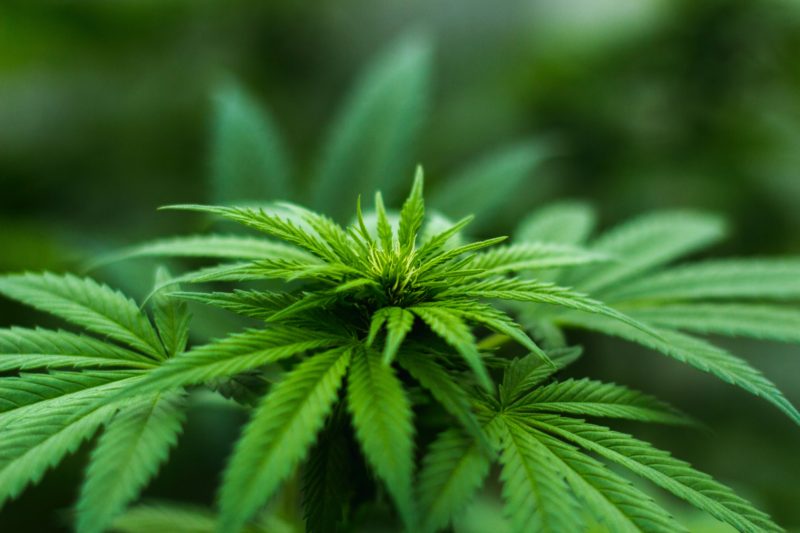
Shahlaa Ahmed, Junior Writer, Bahrain
I sure cannot see the day when Bahrain engages in discussions to legalize marijuana. The idea itself is as amusing as suggesting Asclepius, son of Apollo in Greek lore, was once a pothead, wasn’t he?
Bahrainis acknowledge the existence of a cannabis market in the country. The market may also be expanding due to online platforms and relentless smugglers, namely from Pakistan. However, acknowledging it doesn’t mean they welcome the idea of having more stoned people among them. Drug laws are stringent in Bahrain, but it is the society’s perception of right and wrong that keeps things in order in the country. For Bahrainis, wrong is wrong, even if Canada is doing it.
Society considers consuming any mind-altering substance as deviant, and even if cannabis has less severe effects compared to other narcotics, its use remains a taboo. In fact, hashish consumption in the Middle East is synonymous with poor, sad and unemployed. The happier you are, or the more money you have, the less justification you will be given to using the social drug. My advice would be not to aim for some extra happiness if you live in the Middle East.
Minhye Park, Junior Writer, South Korea
South Korea’s narcotics law denotes anything associated with marijuana is illegal and can lead to at most five years in prison and a fine up to 50 million won ($44,700.) The law applies to all citizens, no matter where they are in the world. There are currently 23,000 South Korean students in Canada and many parents who have sent or are planning to send their children there are worried, according to the Seoul Daily. Those worries do not simply have to do with health issues or social welfare, but more likely with the fear of social stigma. The perception of marijuana is still very negative here. For example, actress Kim Bu-sun, who is now more known for her alleged affair with a provincial governor, has long been a supporter of legalizing marijuana. She has been indicted five times for either the possession or consumption of illegal drugs, dating back to the early 1980s. Several other celebrities have received similar charges and face an uphill battle to recover their reputation among fans and media. In the case of idols, who are largely regarded as role models for teens, the expected moral standard is even harsher. Two members of the group Big Bang, G-Dragon and T.O.P., have each had separate scandals involving marijuana, which brought concerns for national image because of their worldwide fame.
Although more studies are needed to fully know the side effects of cannabis, changes are happening in South Korea too. The bill on legalizing marijuana for medical purpose just passed the first stage at the National Assembly. However, those arrested for cannabis have increased 49.1% in the past three years, and after Canada’s legalization, one South Korean tourist was already arrested for marijuana consumption. Therefore, there seems to be a long way to go to legalizing “the right to get high” in South Korea.
Valentina Popova, Junior Writer, Russia
In Russia, according to current regulations, marijuana belongs to the I list of prohibited substances (substances withdrawn from civilian traffic without exceptions). From January 1, 2013, the Russian government approved and decriminalized the possession of up to 6 grams and cultivation up to 20 plants. Everything that exceeds the established regulations is an administrative infraction that is punishable by a fine or by an administrative arrest of 15 days. In medical use, marijuana is still illegal and legalization is highly opposed by the Russian Ministry of Health Care and by the Ministry of Internal Affairs. It should be noted as well that the majority of Russians think about the consumption of cannabis much more negatively than about legal and more common drugs such as alcohol or tobacco, despite the fact that research confirms marijuana use is less harmful than smoking cigarettes or drinking hard alcohol. With such public opinion and the attitude of the authorities dominating, full decriminalization of marijuana, following the example of Canada, will not happen in the near future. Legalization will be unpopular among the majority of the nation, and any politician who decides to pass an act on the legislation risks losing support. Rather, we should expect a tightening of legislation.
Supporters of legalization believe that the official trade of cannabis in Russia will bring about the same consequences as in other countries. Following the example of the United States, legalizing cannabis will unload prisons, untie the hands of the police and allow them to fight hard drugs, reduce the number of crimes and help with the cash flow to the national budget. In general, as many people still fear a catastrophic increase in marijuana addicts and the rapid degradation and extinction of the nation from the dangerous plant should not be expected. Nevertheless, taking in consideration the experience of marijuana legalization of other countries, opponents of the legislation claim that politicians and legislators should keep in mind a distinctive character of Russian mentality and overall nation readiness officially to open the market for a “new” drug and new types of consumption.
Martyna Posluszna, Junior Writer, Poland
The reality of marijuana use is Poland is quite vague. Frankly, like in most European countries, in the 20th and 21st centuries, drugs have always been present. Despite the straightforward and strict prohibition law from the year 1923, people always found a way to indulge in drug consumption. In the 1940s to the 1960s, most cases included prescription drug addictions. After WWII, there was hardly any market for the drugs commonly used in the West, and many people found escape in inhaling common bleach and its derivatives. Polish forests were also a gold mine for hallucinogenic mushrooms. Poland’s market was not appealing for the foreign smugglers, so the invention of domestic drugs made of poppy straw was on the rise. Serious drug use, such as heroin and amphetamines, was recognized as a problem in the 1970s during the communist era. Interestingly enough, the government essentially ignored it as a sociological problem, since drug use at this time was widely linked to the dismal and depressing reality of life.
The boom for marijuana happened in the 1980s, and the demand was so high that people started growing it in their own yards. To this day, it is impossible to find an adult who has never tried it at least once. It is hardly a taboo yet we are far from proper legalization of the drug. In 2017, a bill passed making the use of medical marijuana legal. Still, the government continues to block the import of the ingredient to Poland. Also, many doctors are hesitant to prescribe such medication, deeming it ‘dangerous’. In terms of the consumption of street marijuana, the law seems strict. If you are caught with it, you risk even 3 years of jail time. If there is a suspicion of distribution and sale, you risk even 15 years behind bars. But the reality is that the laws are often unenforced. Smile, say you won’t do it again, and the police officers are most likely to let you go with a caution.
Suhena Mehra, Junior Writer, India
Marijuana has been consumed in India for centuries in various forms, most popularly in the form of a drink called Bhang. The Narcotic Drugs and Psychotropic Substances Act was passed in 1985, banning the production and sale of cannabis resin and flowers, but permitting the use of the leaves and seeds, which allows for the continued consumption of Bhang, especially on Holi, the religious festival of colors. States hold opposing views on Bhang, forming separate laws to regulate consumption, however, due to its spiritual and cultural ties, it continues to be produced under strict government regulation.
Consumption of the plant in more internationally preferred forms remain illegal, but find their consumer market in young college students around the country, even giving rise to The Great Indian Legalisation Movement, which went on to organize the first Indian medical marijuana conference in various cities across the country.
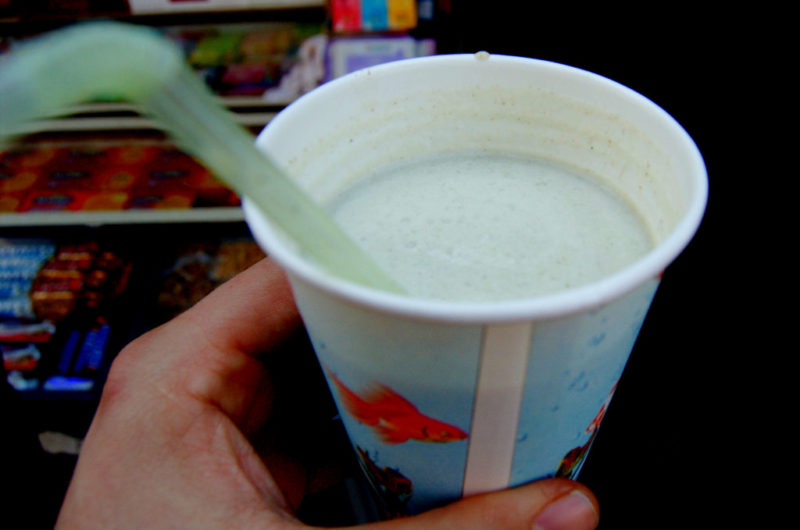
Bhang is very popular in India
The government is pro medical marijuana research and there have been suggestions by political heads in recent years regarding the legalization for medical marijuana.
It remains to be seen whether this will come to fruition, as the general sentiment regarding marijuana, save for the odd free-thinking Indian hipster, is still quite conservative, linking drug use to poverty, poor education and youth rebellion.
- NOVAsia Is Hiring: Call For Applications and Contributors for Spring 2025! - February 26, 2025
- NOVAsia Is Hiring: Call For Applications and Contributors for Fall 2024! - August 20, 2024
- NOVAsia Is Hiring: Call For Applications and Contributors! - February 19, 2024

